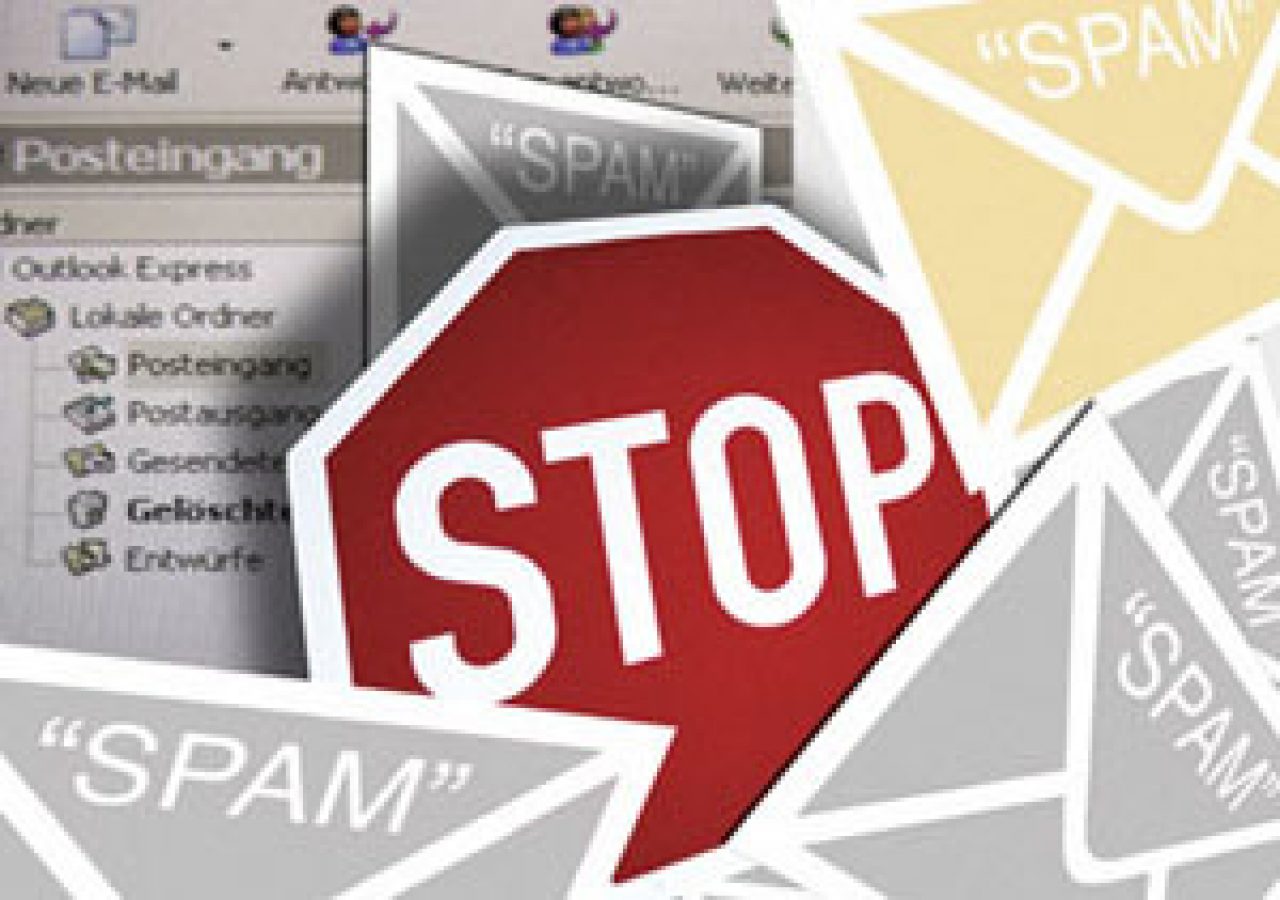What Is Spam Email?
We answer the question "What is Spam" and show you what you can do to avoid it.
Spam email is a form of unwanted and unsolicited email. Unsolicited means that the recipient has not asked for the message to be sent. Most of us get spam every day. I bet if you checked your email right now, you’d find at least one spam message. Spam is extremely annoying. If you’re getting a large amount, it can almost drive you crazy. Spam can also be dangerous. Too much spam can overload your email system, slowing down the emails you want to send and receive. Spam often contains viruses. Spam also tricks people into providing personal information that can be used for all sorts of destructive things. There are close to a 100 billion spam messages sent each day. So why is there so much spam?
One of the reasons there’s much spam is that it’s very easy to create. Spamming is a very cheap way for people to make money. It’s a giant numbers game. Most people can easily identify a spam message and ignore it. Not everyone is as experienced, and spammers are making their messages look more and more legit, sometimes impersonating existing companies and services. Some people will respond to spam messages and the result can be profit for the spammer or even financial loss for the recipient. Think about this scenario:
Bob has a website where he sells homemade chocolates. Now, Bob doesn’t sell or make the chocolates himself; he simply links his website to the chocolate maker’s website, and receives $5 dollars for every order placed. One day Bob decides to send out 100 email messages advertising these fabulous chocolates. From sending out those emails he got two orders and made $10. Now that email did not cost him anything to send—and only took a minute to compose. He then thinks, “Well if I send 1,000 emails, I could make $100, and if I sent a million emails I could make $100,000.” There are lots of companies out there that will sell millions of valid email addresses. Bob purchases a million email addresses. He then copies and pastes 100 email addresses at a time, and every time he pushes the send button he makes $10. Each set of emails only takes him a matter of seconds to send. Imagine what he could make in an hour.
Of course, Bob is just a guy trying to make a buck, right? What he’s doing is on par with stores that flood your home mailbox with flyers and coupons. While Bob’s email is potentially annoying (especially if you are trying to curb your sweet tooth), it’s easy to assume he's not doing any harm. But spam can be dangerous.
The big problem with spam is that it’s easy to send, and it costs practically nothing to do so. Spammers can inundate customers with offers, with links, and potentially with dangerous malware. So where do spammers get those millions of email addresses—the personal email addresses of ordinary people like you and me?
Website spammers create spambots, which are programs that search the web looking for the @ symbol in your email address; the bots then record the address and send it back to the spammer.
There are websites that look like contests created just to collect email addresses. For example: “Give us your email address, and be entered to win this new iPhone 5.”
Large companies sometimes sell the email addresses of their members and customers. Often when you sign up for a service online or are checking out of an online store, you’ll see a little checkbox alongside the words “Would you like to receive email or newsletters from our partners?” If you don’t pay attention and uncheck that little box, you’ve given them permission to sell your email address.
Reading email requires care and attention. Always read carefully before clicking on a link in an email message. I usually start my morning by going through my inbox and quickly deleting emails that seem suspicious before I’m even tempted to click or open a link or attachment.
In future posts, we will take a closer look at some of the legalities touching on spamming, as well as some ideas for understanding and avoiding the pitfalls that come with spam. Questions? Please don't hesitate to leave a comment!

 Member Connect
Member Connect